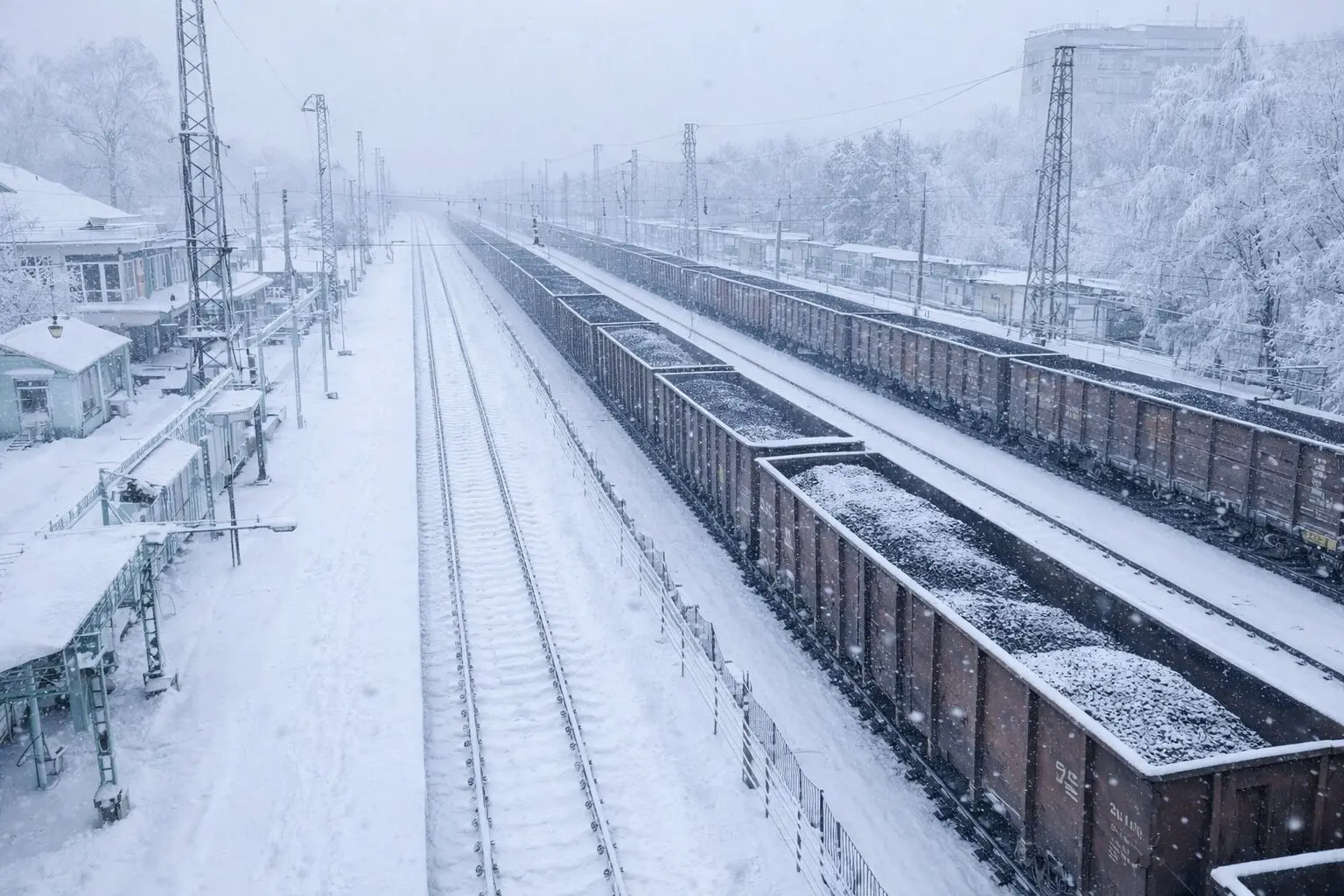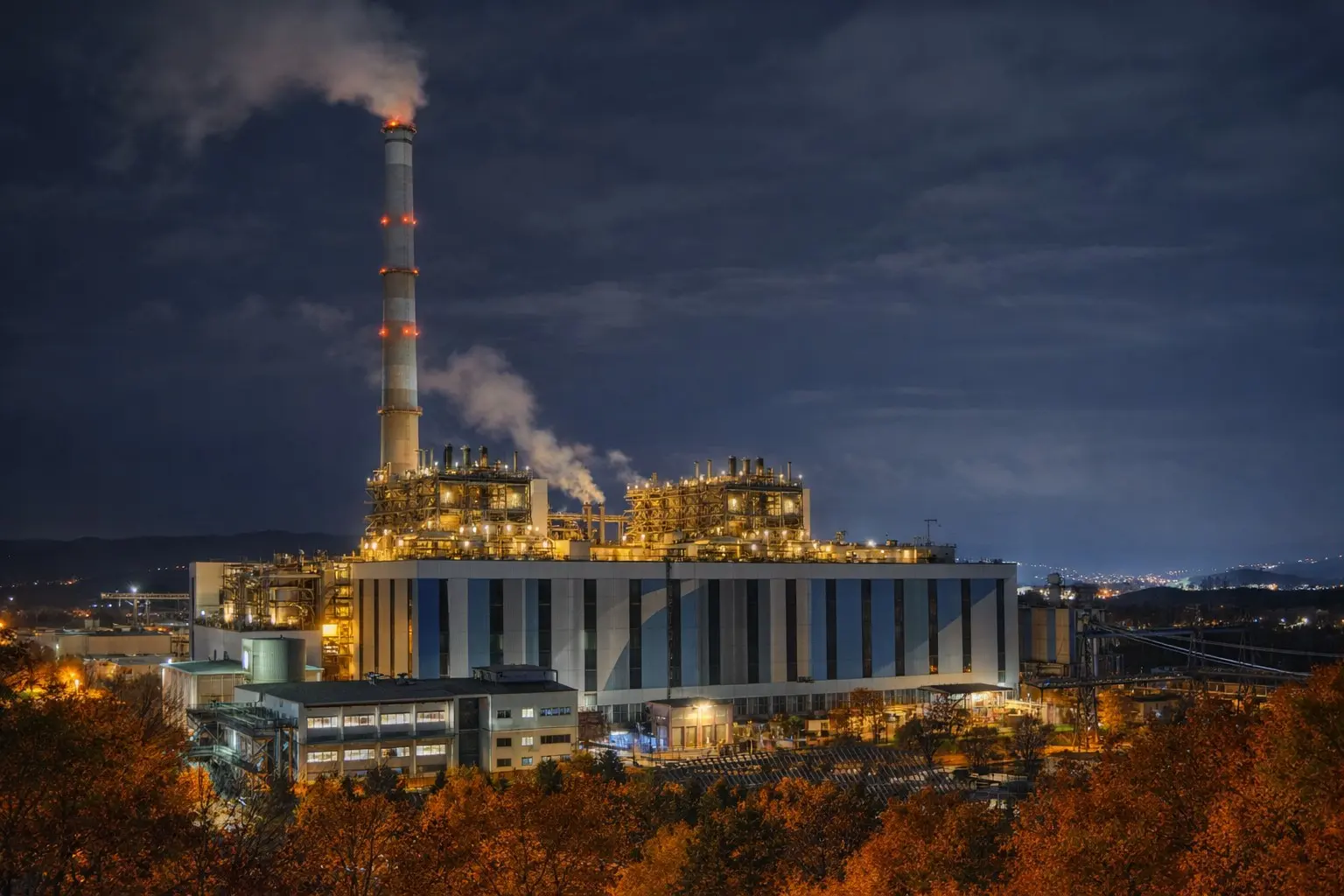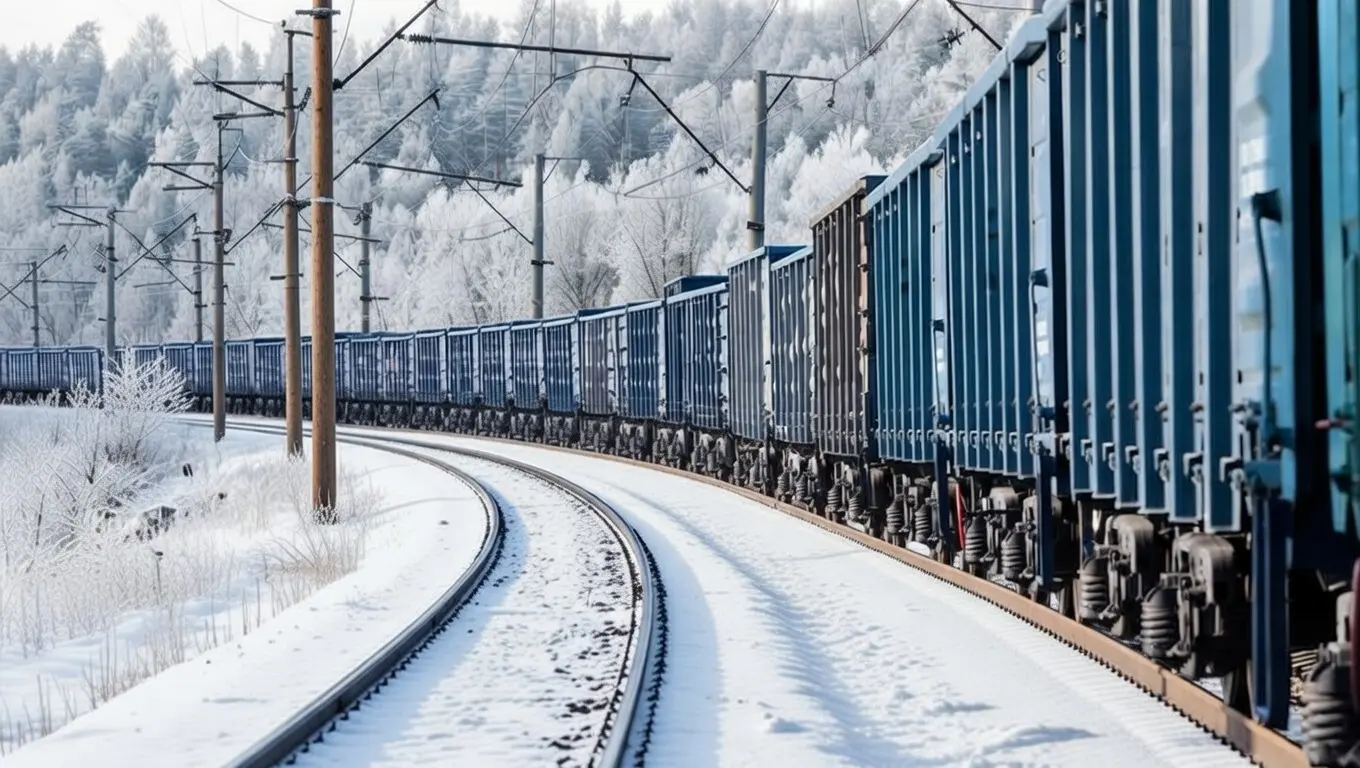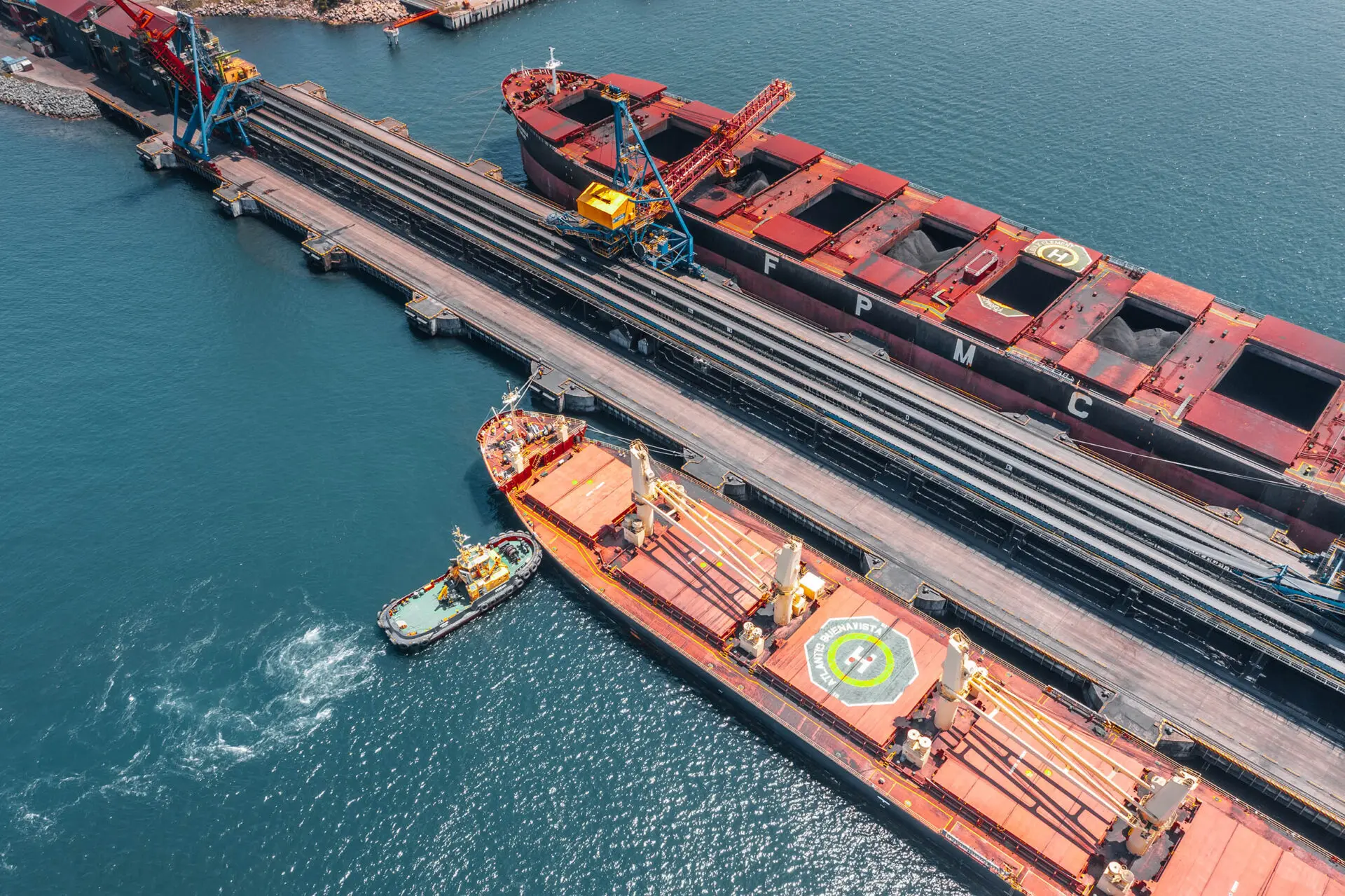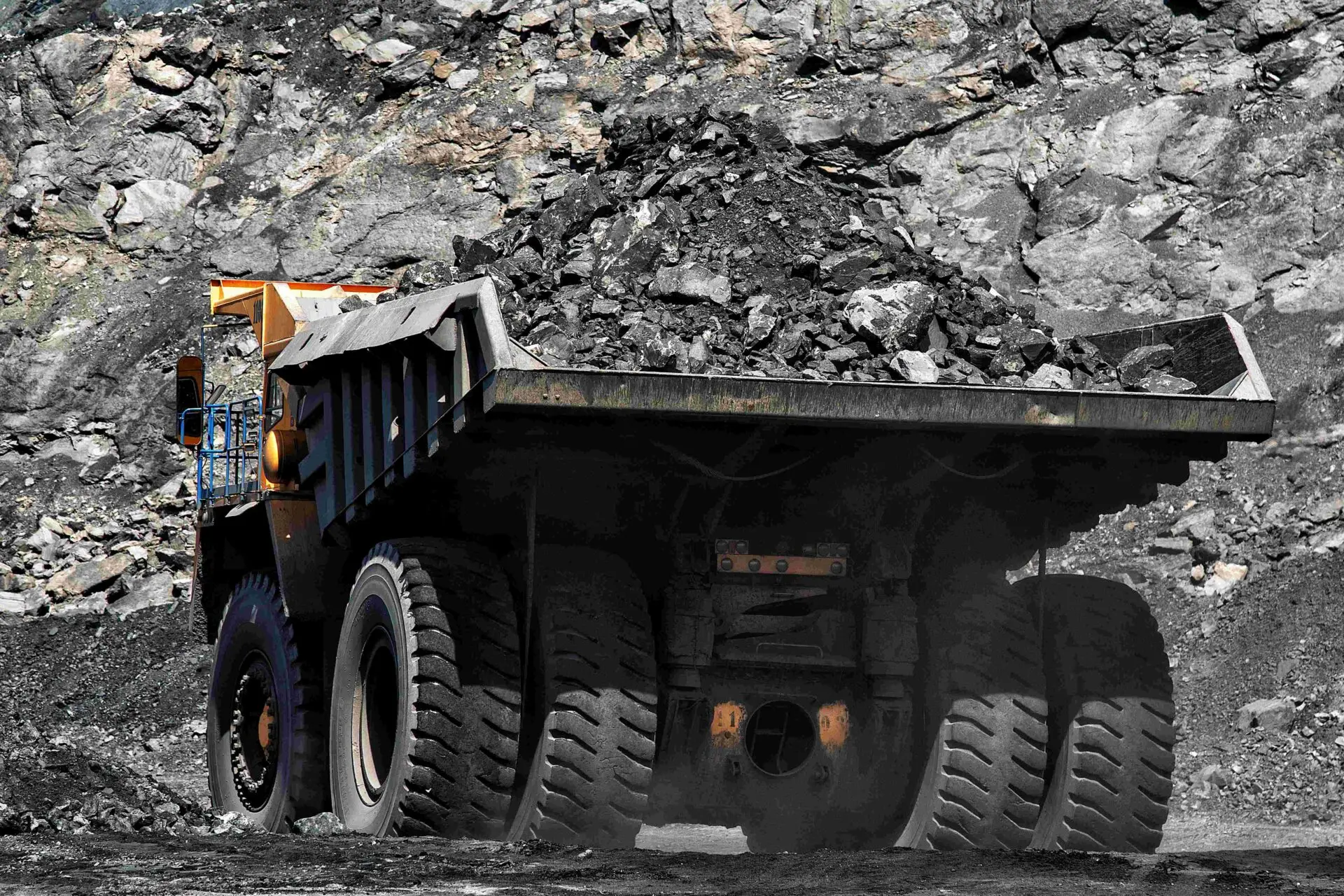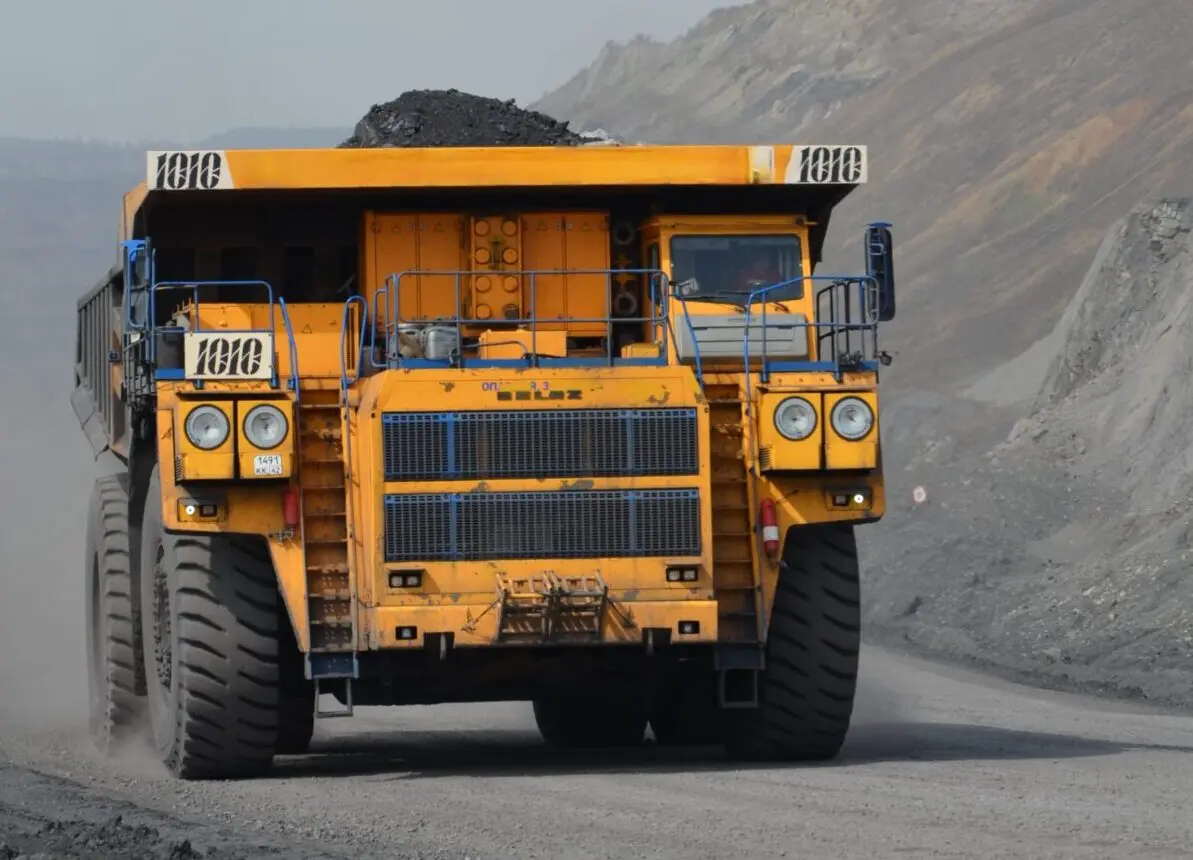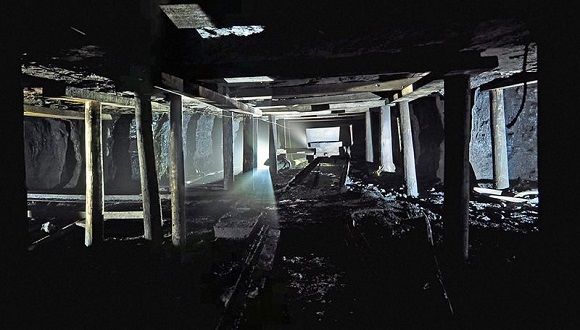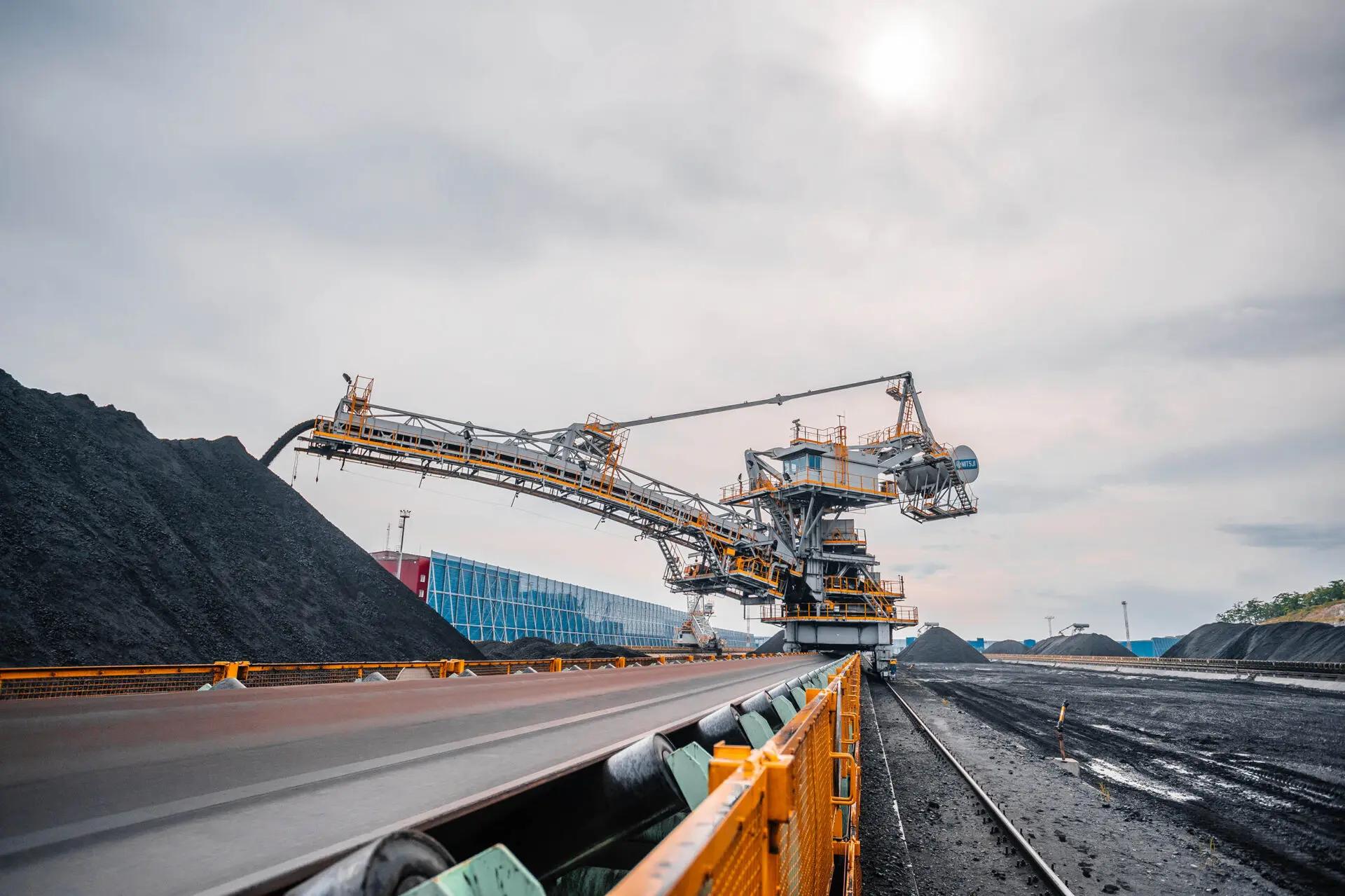
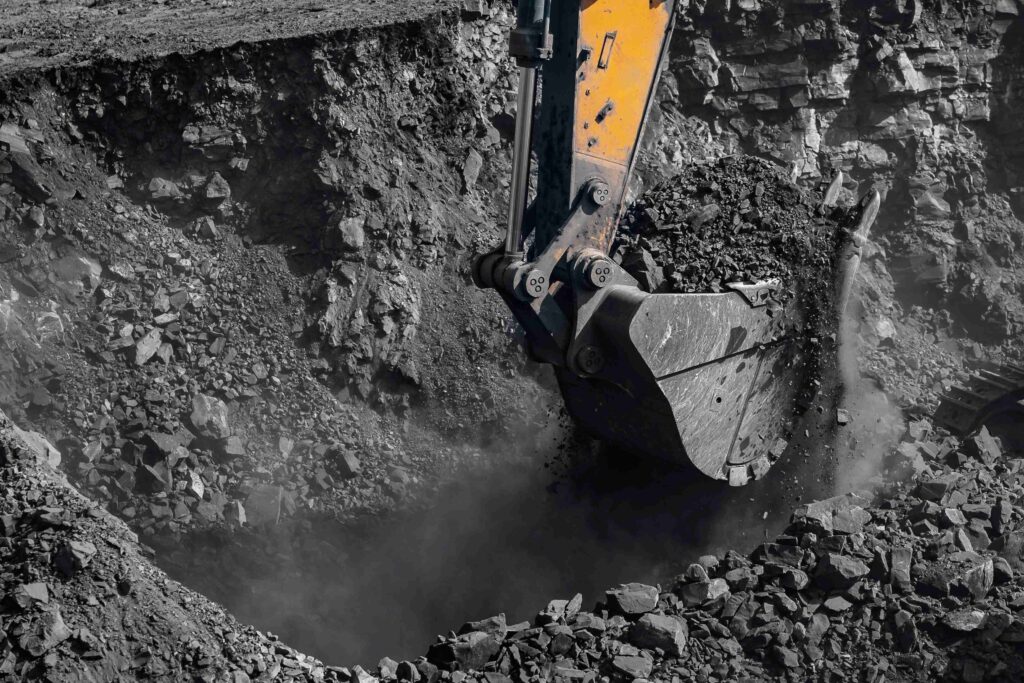
The US Treasury Department has further expanded blocking sanctions against Russian coal companies. Elga, Coalstar and Coal company Mairykhsky open-pit mine has been added to the SDN-List this month. Earlier SUEK, Mechel and Sibantratsit were placed on the US sanctions register.
The blocking sanctions against Elga include related mining, coal preparation, transportation and port assets.
Elgaugol, part of Elga, holds a subsoil use license for the Elga deposit. According to the JORC classification, the reserves of the deposit reach 2.2 billion t of coking coal.
In 2023, Elga’s production increased to 22.7 mio t (+2.2 mio t or +10.5% vs. 2022). In January-May 2024, the company managed to ramp up output to 10.6 mio t (+2.3 mio t or +28.3%).
Elga’s inclusion in the US sanctions list will contribute to the company’s challenges in implementing the Elga project, both in terms of production and exports, as well as the construction of a railroad to the Chumikan port, being currently built by the company in the Far East.
The sanctions targeting the Coalstar holding company apply to the Bogatyr open-pit mine (the Novosibirsk region), Aurora and Coalstar sea terminal projects in the Far East, as well as the logistics company Coalstar Trans. The open-pit mine, with proven reserves of 300 mio t of high-quality anthracite and projected resources of 2.4 billion t, was scheduled to be launched in 2024.
In 2023 Mairykhsky open-pit mine (previously controlled by Coalstar) cut production to 2.0 mio t (-0.8 mio t or -29% vs. 2022). The company’s thermal coal reserves total 220 mio t. Coal production capacity exceeds 4 mio t per year. Mairykhsky open-pit mine owns licenses for exploration and coal extraction at the Beyskoye deposit, with the resources of 5 billion t.
The reduction of Russian coal export supplies in 2024, resulting from the sanctions, given the volumes of SUEK, Mechel, Sibanthracite, Elga, Coalstar and Mairykhsky open-pit mine, will amount to about 60 mio t. If the sanctions regime remains in place, about 80-90 mio t of coal will not get to the market in 2025.
Thus, 30% of Russian coal exports have fallen under the US sanctions since the beginning of 2024, which leads to an imbalance in global supply and demand for high-quality coal, both thermal and metallurgical, including PCI and anthracite.
The lost volumes of high-quality Russian coal and metallurgical material will not be replaced in the market, as production from Indonesia, South Africa and Colombia is not comparable in quality, while there is limited capacity to boost production in Australia.
So, this may push up key indices, calculated on the basis of 6,000 kcal/kg material, as well as prices for coking coal, PCI and anthracite.
The limited throughput capacity of the BAM and Trans-Siberian Railway hinders the growth of transshipment volumes in Far Eastern ports, where logistics is most favorable for shipments to Asia-Pacific markets due to lower freight rates.
The mix of current low prices with high rail transportation costs and handling rates in ports makes export supplies unprofitable, forcing Russian coal companies to suspend export deliveries, reduce production and, in some cases, shut down mining facilities and curtail projects at new coal deposits.
Source: CCA

